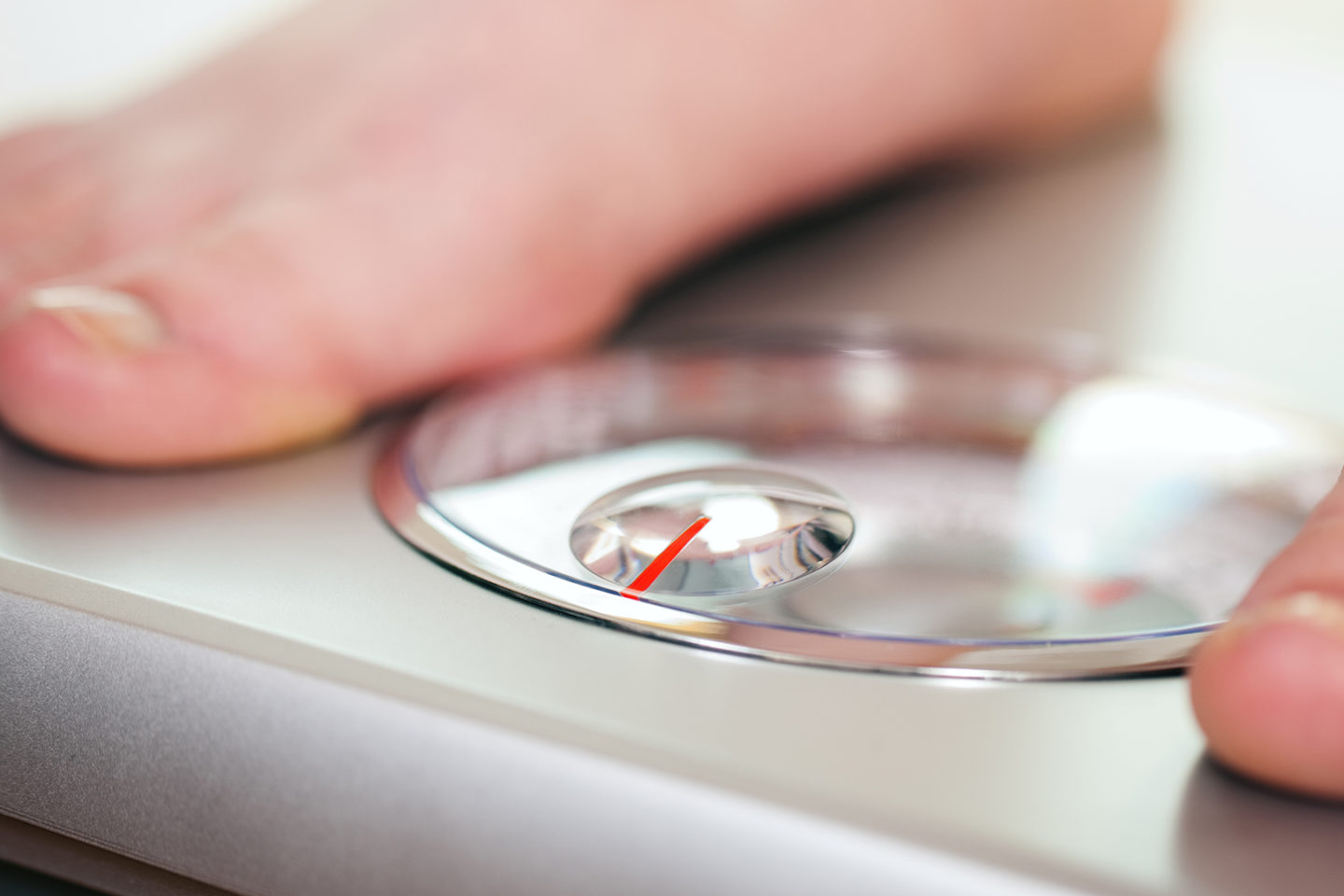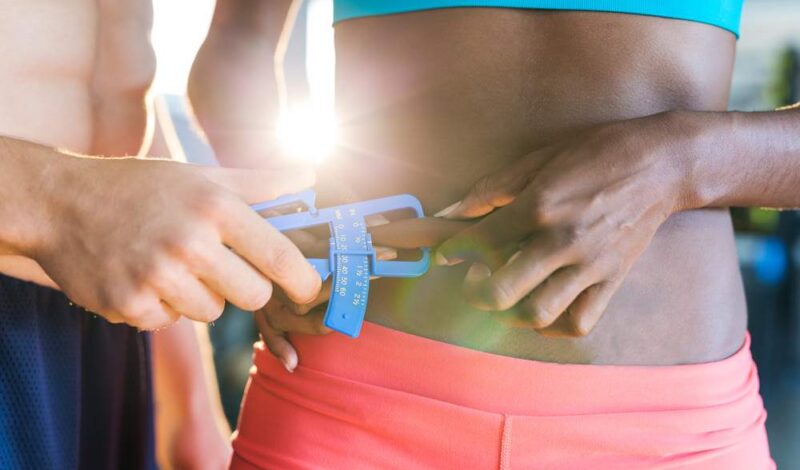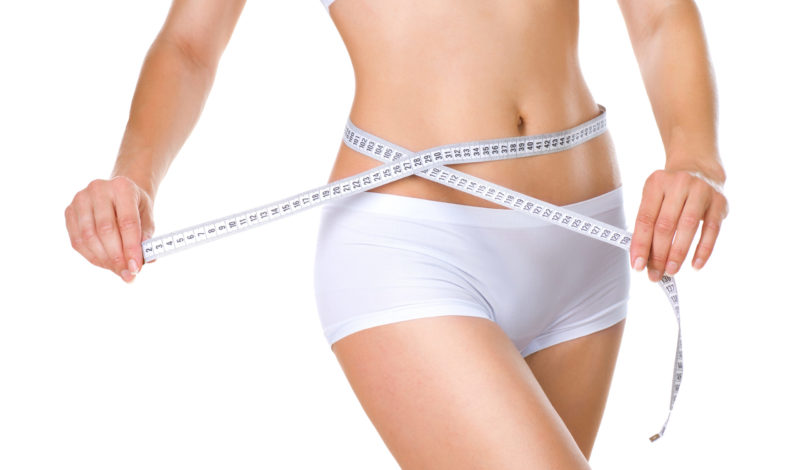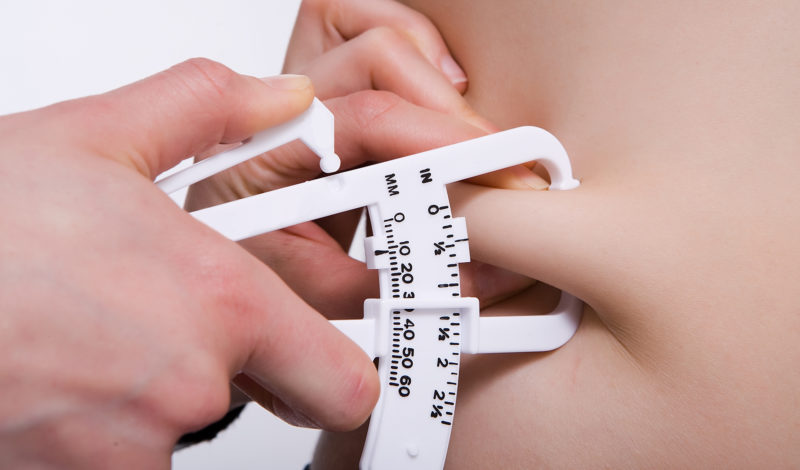Body fat regulates body temperature, protects organs and tissues and is one of the most important energy stores in humans. [...]

Losing weight with intestinal bacteria – which bacteria help you and which can prevent you from losing weight
Let us introduce: your little weight loss helpers
Get to know the intestinal bacteria that can help you lose a few kilos
Only the others eat your homemade cake, and you don’t even know what your favorite Italian restaurant looks like on the inside. The sport hasn’t helped either. It doesn’t seem to matter what you do, your scales are ungracious, and always show you the same numbers. The reason for this could be your bacteria in the intestine. Scientists have found out that there are fattening bacteria. But don’t worry, you can do something about them.
That’s them, the fattening bacteria
It’s nice that we don’t have to starve in Europe. There is enough of everything and often even too much. Especially too much of the sweet and fat things that are unfortunately delicious. Our gut sorts everything we eat. It extracts the nutrients we need from our food. This keeps us fit and healthy. There are two specific bacterial strains that help the gut to do this. If your kilos just don’t want to decrease, you may have too many bacteria from the Firmicutes strain. These are the evil, who make you fat.
Although, they’re not evil, because, like all bacteria, they only have good things in mind. Firmicutes ensure that we humans have survived ice-cold winters, droughts and other periods with little food. That’s what the name says. Firmicutes is composed of the Latin terms firmus for “strong” and cutis for “skin”. Translated, this means that these bacteria ensure that we have a thick coat when there is not enough food. They also manage to break down the indigestible dietary fibers and extract calories from even the smallest bread crumbs. If you have too many Firmicutes in your intestines, you will take about 10% more calories than normal, and this will cause the unloved and stubborn fat pads.
The fattening bacteria have an opponent
In former times people used to say: “I am not fat, I am big boned”, today you can say: “I just have too many wrong intestinal bacteria”. Researchers found out that there is a connection between the number of Firmicutes and obesity.
Normal weights have less of the hardworking Firmicutes strains, but more of the Bacteroidetes strain. These bacteria are not so good at digesting fat, so food does not start, as the saying goes. Both bacterial strains have important tasks to perform in the intestine, therefore we need both, ideally in a ratio of 1:1. How our intestinal bacteria are made up is genetically determined, but it is also influenced by our way of life.
Too much industrially processed food and less dietary fibers in the diet allow the Firmicutes to thrive, and thus the weight. Whether too many of the “fattening bacteria” have settled in your intestines, you will find out with a test. This can analyze your entire intestinal flora. You will then know what is not going well for you – or too well.
Dietary fiber and probiotics are Bacteroidetes boosters
A person who has too many Firmicutes in its intestine, can steer with nutrition against it. You can improve your Bacteroidetes balance with more fiber. You can find many of them in legumes, parsnips, chicory, leeks, endive, fruit with peel, oats, and millet. If Bacteroidetes multiply in your intestines and decrease the amount of Firmicutes, you will lose weight. Certain probiotics can help too.
- Sources:
- Dao, M. C, et. Al.. (2016). Akkermansia muciniphila and improved metabolic health during a dietary intervention in obesity: relationship with gut microbiome richness and ecology. Gut, 65(3), 426–436. https://doi.org/10.1136/gutjnl-2014-308778
- Goodrich, J. K., Waters, J. L., Poole, A. C., Sutter, J. L., Koren, O., Blekhman, R., Beaumont, M., Van Treuren, W., Knight, R., Bell, J. T., Spector, T. D., Clark, A. G., & Ley, R. E. (2014). Human genetics shape the gut microbiome. Cell, 159(4), 789–799. https://doi.org/10.1016/j.cell.2014.09.053
- Everard, A., et. al (2013). Cross-talk between Akkermansia muciniphila and intestinal epithelium controls diet-induced obesity. Proceedings of the National Academy of Sciences of the United States of America, 110(22), 9066–9071. https://doi.org/10.1073/pnas.1219451110
- Fernandes, J., Su, W., Rahat-Rozenbloom, S. et al. (2014) Adiposity, gut microbiota and faecal short chain fatty acids are linked in adult humans. Nutr & Diabetes 4, e121 https://doi.org/10.1038/nutd.2014.23
- Turnbaugh, P., Ley, R., Mahowald, M. et al. (2006). An obesity-associated gut microbiome with increased capacity for energy harvest. Nature 444, 1027–1031. https://doi.org/10.1038/nature05414
- Million, M., Maraninchi, M., Henry, M., Armougom, F., Richet, H., Carrieri, P., Valero, R., Raccah, D., Vialettes, B., & Raoult, D. (2012). Obesity-associated gut microbiota is enriched in Lactobacillus reuteri and depleted in Bifidobacterium animalis and Methanobrevibacter smithii. International journal of obesity (2005), 36(6), 817–825. https://doi.org/10.1038/ijo.2011.153




